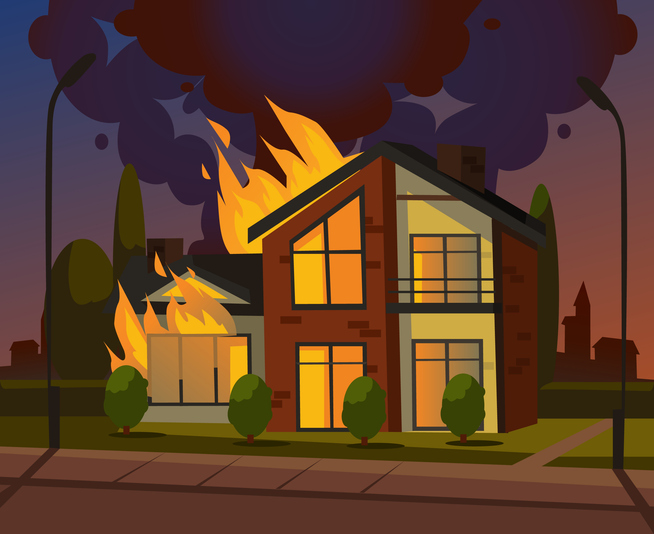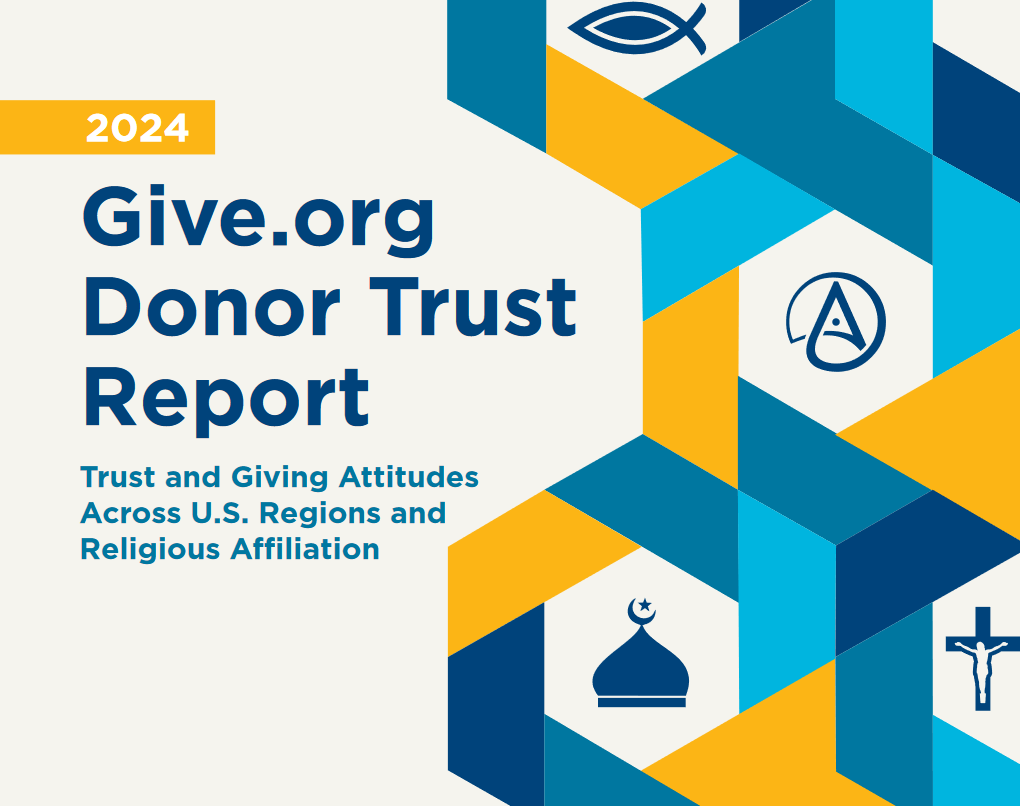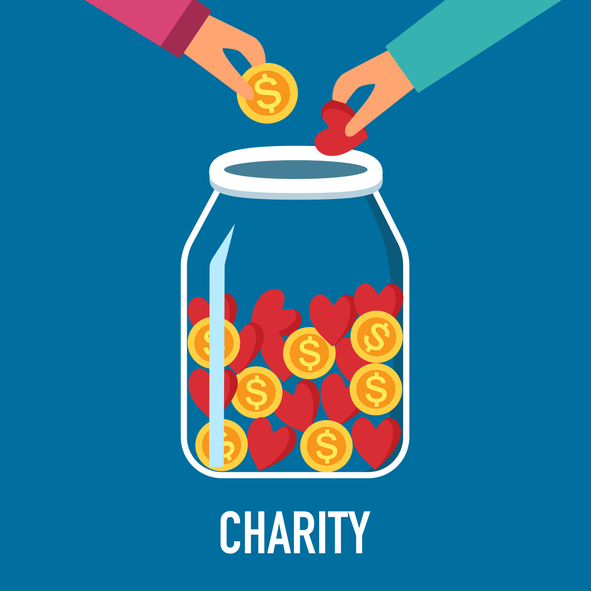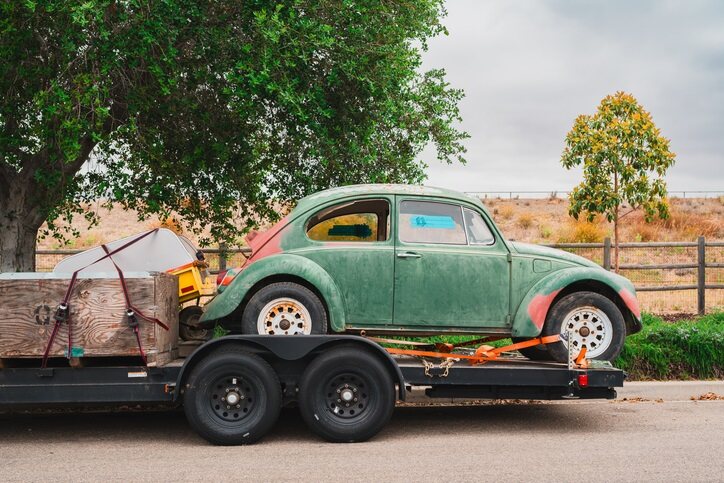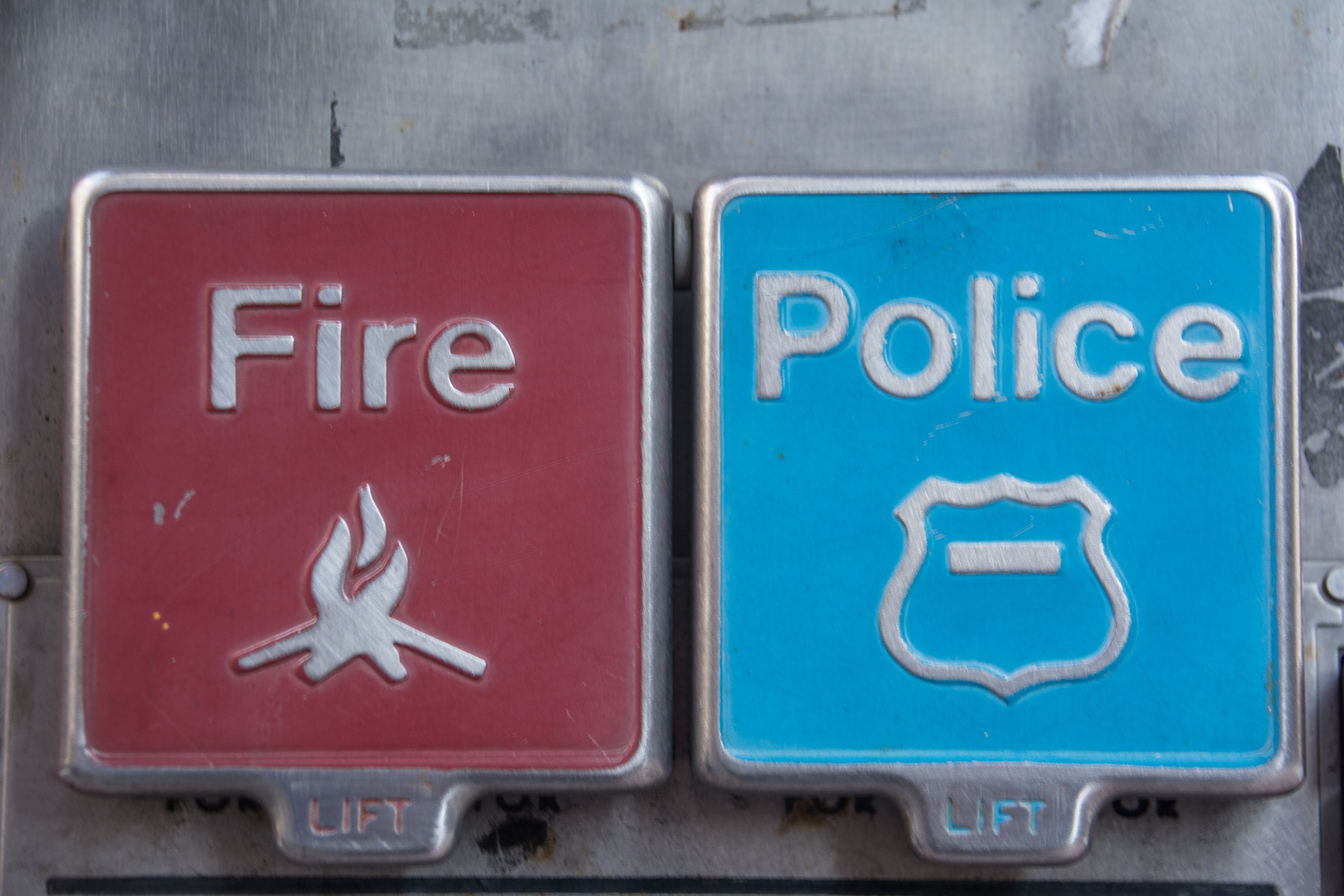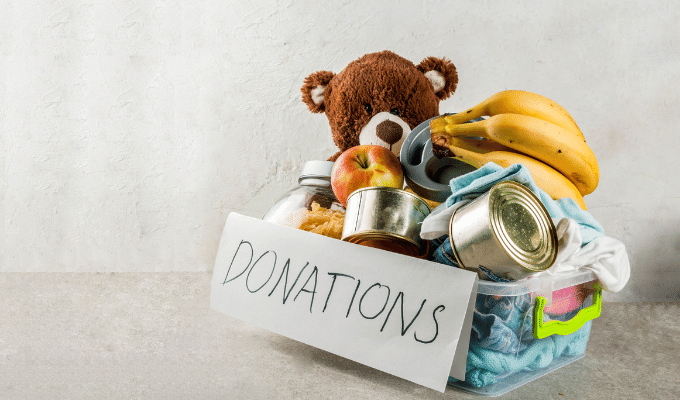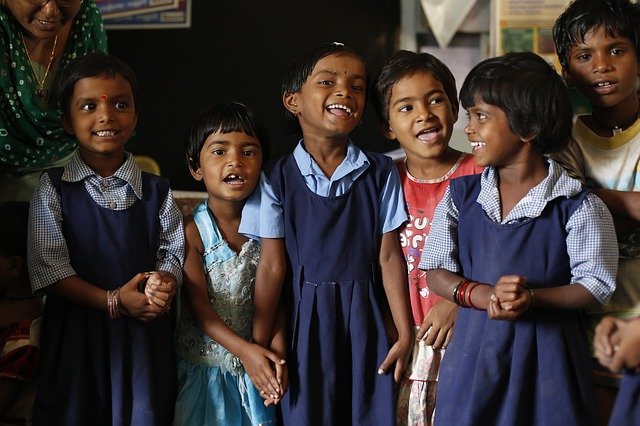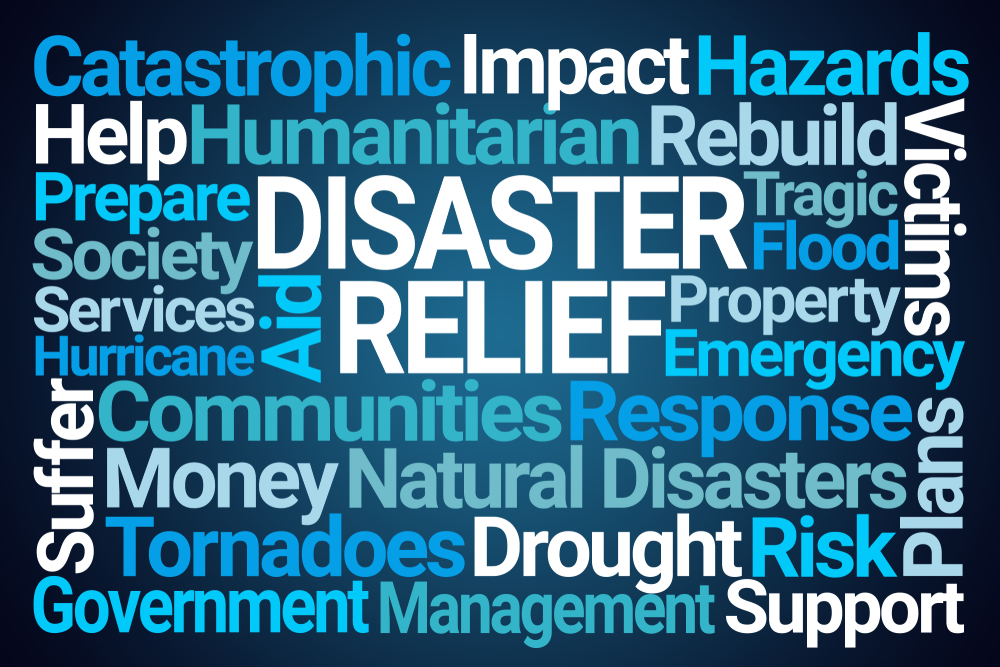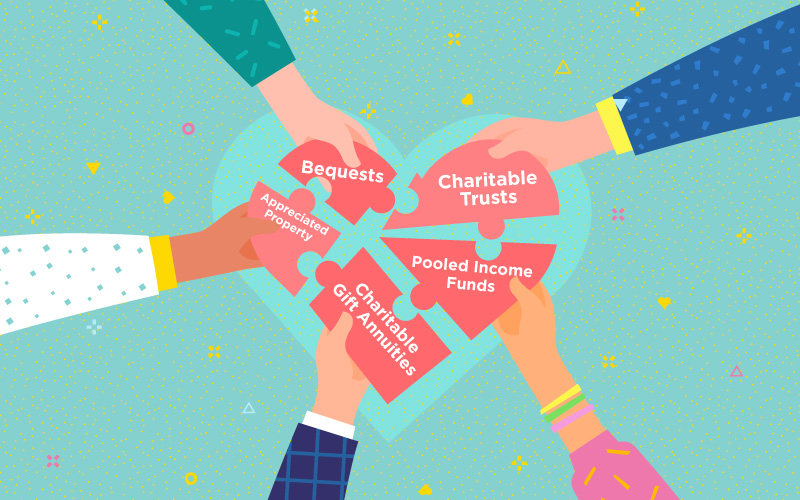Wise Giving Wednesday: Ukraine Update – Helping Special Medical Care Needs
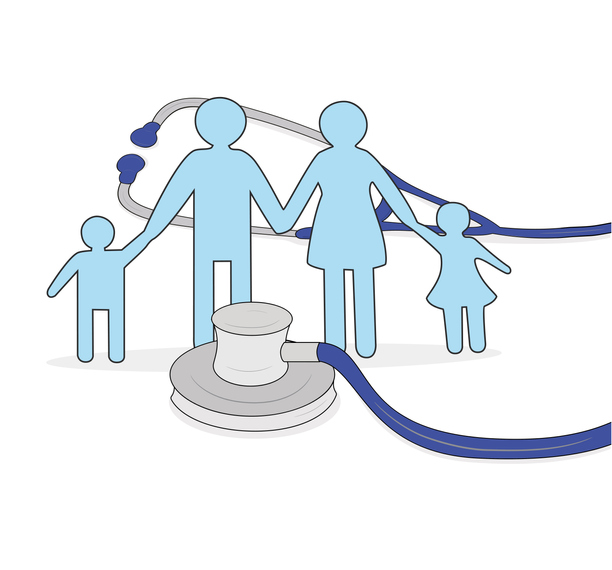
BBB Wise Giving Alliance is pleased to release the fifth entry in a series of posts by Kateryna (Katya) Zhuk. Katya heads a Ukraine charity monitoring organization, Charity Tuner. This organization, along with BBB Wise Giving Alliance, is a member of an association of standards-based charity monitors from around the world.
Ukraine Update – Helping Special Medical Care Needs
By Kateryna Zhuk
As part of the unusual circumstances already experienced by almost 5 million Ukrainian refugees, there is something that exacerbates their circumstance:- palliative care for children and adults. This consists of people with specialized medical needs that involve a serious illness. Each family with a palliative patient has a different situation, and degree of dependence on medications, home, hospice, equipment (and electricity).
According to the United Nations World Health Organization, there should be a minimum of 100 palliative care beds per 1 million population. Ukraine, which had suffered before the war, did not come close to this threshold during its first stage of health care reform. There was a shortage of qualified doctors, specialists, equipment, and hospices. Individual initiative groups, including foundations and others, witnessed this problem with palliative care for years. They diligently developed projects and sought funding, but... the war came. Thousands of Ukrainian palliative patients - children and adults - found themselves not only without access to a doctor, but also without electricity by winter, on which the work of life-support equipment depends.
Katya Burlak, Head of the Palliative Line of the Krab Children's Fund (Kyiv) indicates that “In the first months of the war, most of the transportable children were evacuated to the EU - Poland, Germany, France, and Italy (including cancer patients). Some people realized right away that they had to leave, and some left in the winter because of blackouts. I have collected many different opinions and reviews about palliative care in different EU countries. Undoubtedly, everywhere the quality of palliative care is many times better than in Ukraine. But there are nuances that are not publicly spoken about (Ukrainians are very worried, believe me, that any of their statements can offend the welcoming side!). Based on these nuances, some families with children requiring palliative care decided to return to Ukraine, even risking death. Other families cannot go based on their urgent need.”Problem #1. "Understand Me!" If a child is born with a diagnosis requiring palliative care in a country with a working system of assistance, his/her parents immediately receive a certain road map: brochures, doctors' phone numbers, referrals, the process of providing medicines, equipment at home, etc. In Denmark, the mother also receives help from a social worker, whose arrival gives the mother some rest. Ukrainian parents, who are used to seeking funds to save their children, and understanding doctors, tried very hard to get into the systems of other EU countries to help their children.
Tania Taftai, mother of a palliative child and head of the Komanda VanNadiia organization said: “Volunteers - interpreters from the German Diakonie, from the International Red Cross in different countries - helped a lot. But there have been no volunteers for a long time now, people burn out and leave." As a result, finding every nuance turns into another little battle. For a person tired of round-the-clock childcare, relief may not be available. In addition, medical workers do not know in advance what information a particular parent will need.
Problem #2. Transportation and Housing The cost of a taxi exceeds the financial capacity of refugees, and a personal car is not affordable for these families. Tania Taftai shared that "[A Ukrainian family was] in Spain. They were helped to settle in a village, but they had to travel 100 kilometers [for medical care]. With a palliative child. They eventually returned home, counting on Ukrainian aid funds."Housing is one of the main problems. Hanna, head of Pallium for Ukraine foundation from Krakow, Poland, explains, “In our opinion, the state program of refugee accommodation for Ukrainian refugees in Poland is not adapted for seriously ill people and palliative care patients. Many months of searching for housing for our wards and observations suggest that all that can be expected is a room or a "bed", often in a very remote area. Why is this not OK for a palliative patient? Let me explain with an example: we have a 10-year-old boy with a tracheostomy, gastrostomy, dependent on oxygen, non-transportable due to very severe deformities of the body (cannot be fixed in any wheelchair), and infected with a bacterium called S. aureus. In a hotel environment, there is a risk of infecting other people, which is unacceptable. The equipment and its supplies need space, and a family of 4 with a child cannot all live in a small room. The hospice team visits this child twice a week, and in [more serious cases], every day. Therefore, it is also unacceptable to place him in a distant village where there is no access to/from the hospice. And almost all of our patients have such situations. So, if I could ask the international community to pay attention to only one problem of palliative care patients from Ukraine in Poland (and in the EU in general), I would write: Housing!"
Problem #3: Psychological Trauma In one of my earlier posts for BBB Wise Giving Alliance, I noted that a Ukrainian family with a child suffering from psychological trauma has similar needs to families with troubled children in other parts of the world.
Support in the EU is very good; patients have most of the necessary things. Sometimes, however, the additional trauma of being far from home is so great that the family goes home.
Katya Burlak, who worked in palliative care for many years, told me: “Over the past year, perinatal screenings were missed in Ukraine, especially in rural areas. Stress and shelling have a great impact on pregnancy, and we expect an increase in birth pathologies. Terminations of pregnancy due to congenital pathologies of the fetus have become many times less. So, the number of palliative children is not decreasing. Where there is no active shelling - we leave the family at home, help as much as we can, and send information and help. At most – we can help to move to a safer region. But again, it is connected with expenses for rent, etc., it is hard financially.
Because European hospices are overcrowded and because [transportation is a problem] we do not take risks. At most, we move to quiet regions. All those who were taken to Europe are prescribed new medicines, which are not available in Ukraine. They are helped with equipment, which in Ukraine will have to be bought at the expense of foundations and so on. We discourage them from returning - the road is hard, the equipment does not always work because there is no electricity, and there are no supporting drugs. For oncology, it is ideal to stay in other countries for the time being.”
The EU hospice system was not designed for such a large number of patients, and Ukrainian children still need help and evacuation. The solution, it would seem, is to find partners in other countries who are ready to finance assistance, at least partially, for young patients.
Ukrainian hospices and visiting services work as before, but now mostly at the expense of humanitarian aid (consumable medical materials of all kinds: medicines, special food, hygiene products, etc.).
In case of a blackout, the number of families that leave Ukraine will increase. Vehicles, however, require fuel, which has gotten very expensive. Of course, the availability of medical equipment, such as anti-decubitus mattresses, aspirators, and oxygen concentrators, would be of great help.
Katryna Zhuk
Warsaw, Poland
October 23, 2023
Links for support in housing and medical equipment:
Pallium for Ukraine(Poland): https://www.facebook.com/PalliumforUA/
Krab (Ukraine): https://krab.org.ua/
Wings of Hope (Ukraine): https://en.uwh.com.ua/
Svoyi (Ukraine): https://svoyi.org.ua/en/projects/palliative-care/
Notes from BBB Wise Giving Alliance:
The links to charitable organizations listed above were compiled by the author, Kateryna Zhuk. Since these organizations are not located in the United States, contributions from Americans may not be deductible as charitable donations for federal income tax purposes. BBB Wise Giving Alliance has not evaluated these charities and has not determined whether they meet the BBB Charity Standards. The views, information, or opinions expressed in this piece are solely those of Kateryna Zhuk and do not necessarily reflect the views of the BBB Wise Giving Alliance and its employees.
Heart of Giving Podcast
This week’s Heart of Giving Podcast revisits our previous episodes shining the spotlight on inspiring personalities who have used dance as a vehicle for social good. Listen now to our compilation episode featuring Diana Byer, Eduardo Vilaro, and Rachel Liu.
Recent Reports
We are always working with charities to publish or update reports for donors. Visit Give.org or local BBBs to check out any charity before giving. Our recently evaluated charities include:
Finally, remember to let us know by going to give.org/charity-inquiry if you are interested in seeing a report on a charity not on the list and we will do our best to produce one.

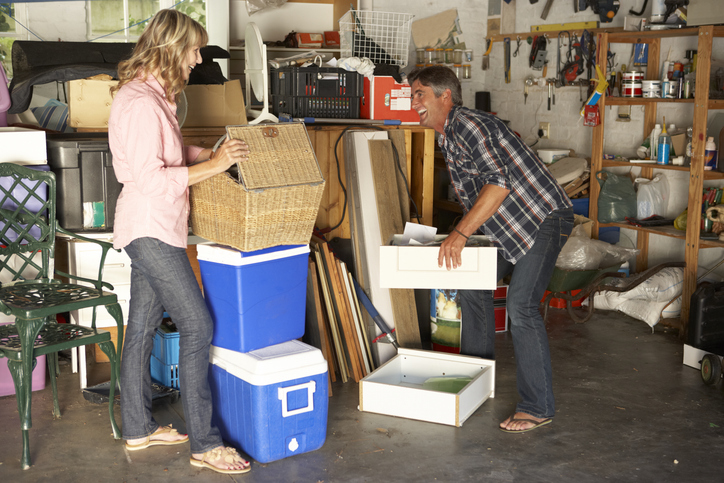

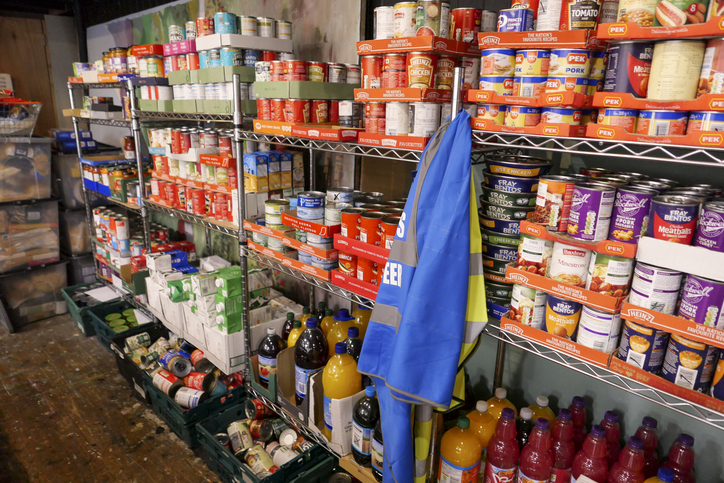


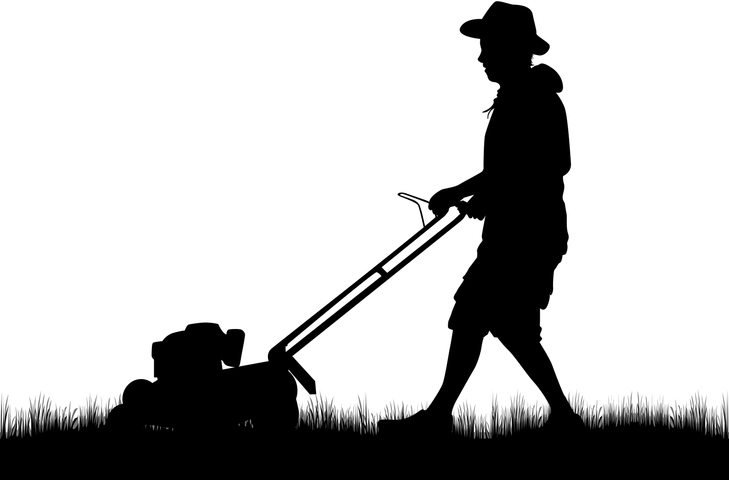

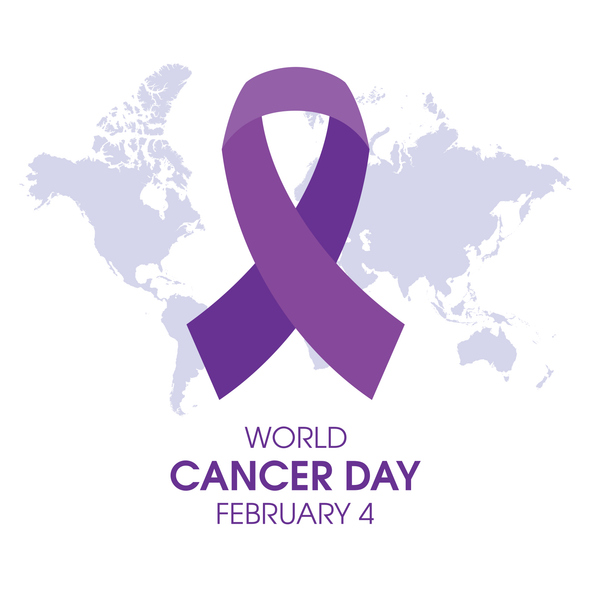


.jpg?sfvrsn=8073f1a5_0)
